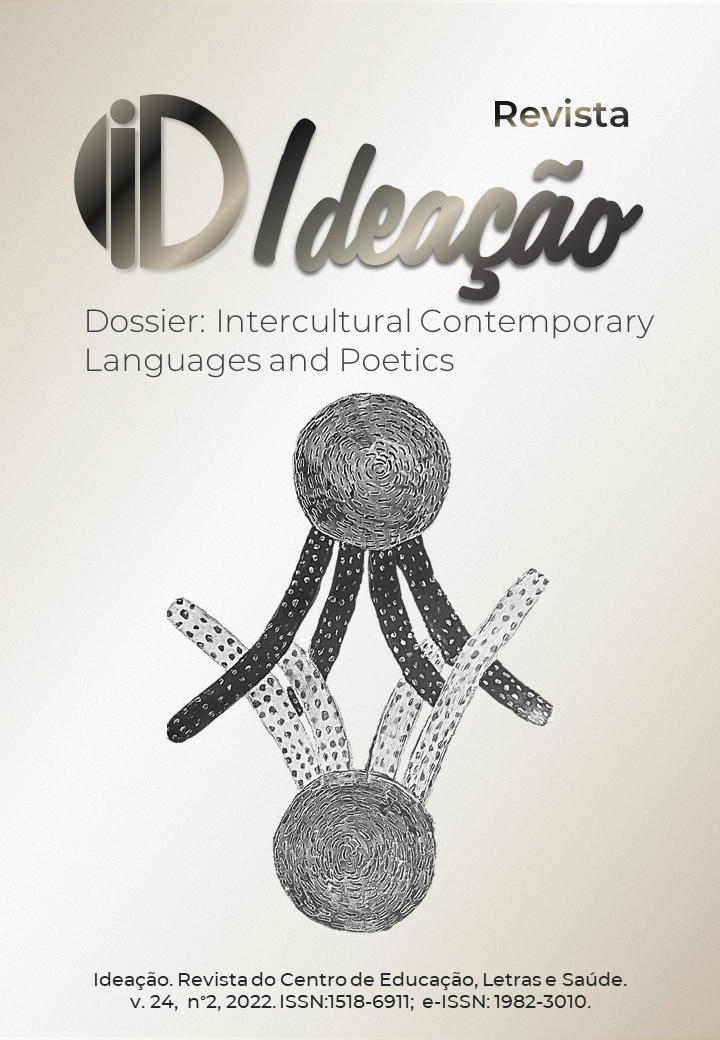Body practices as a component of quilombola culture in the southwest of goiás
Cedro community
DOI:
https://doi.org/10.48075/ri.v24i2.29093Keywords:
Community Quilombola, Body Practies, CultureAbstract
This study aimed to identify the presence of bodily practices in a quilombola community in the southwest of the state of Goiás. Body practices were developed by human beings over historical time, allowing the development of body and cultural potential. The culture of the quilombolas is directly linked to the history of slavery and perversity suffered by blacks from Africa, who, in their diaspora, brought with them customs and beliefs that were translated into the movement of their bodies: dance, sport, play, games and music. For the development of this work, bibliographic research was carried out in order to deepen the understanding of the historical-cultural context of black communities and to support the analysis. A semi-structured interview was also carried out with a member of the quilombola community of Cedro. The bibliographic research and the interview made it possible to analyze the information in the light of the theoretical framework adopted. It was observed that the practice of sports and dance, in addition to making traditions present, is the main tool for exposing and integrating the community with society, causing feelings of satisfaction and belonging.
Downloads
Published
How to Cite
Issue
Section
License
Copyright (c) 2022 Direitos partilhados conforme licença CC BY-NC-SA 4.0

This work is licensed under a Creative Commons Attribution-NonCommercial-ShareAlike 4.0 International License.
Authors who publish in this journal agree with the following terms:
1. Authors maintain copyright and grant the journal the right of first publication, with the work simultaneously licensed under the Creative Commons Attribution License that allows the sharing of the work with recognition of authorship and initial publication in this journal.
2. Authors are authorized to assume additional contracts separately, for non-exclusive distribution of the version of the work published in this journal (e.g., to publish in an institutional repository or as a book chapter), with acknowledgment of authorship and initial publication in this journal.
3. Authors are allowed and encouraged to publish and distribute their work online (e.g., in institutional repositories or as a personal page) at any point before or during the editorial process, as this may generate productive changes, as well as increase the impact and citation of the published work (See The Effect of Free Access).
Creative Commons License
This work is licensed under a Creative Commons Attribution-Noncommercial-ShareAlike 4.0 International License, which permits sharing, copying, distributing, displaying, reproducing, the whole or parts provided it has no commercial purpose and the authors and source are cited.


